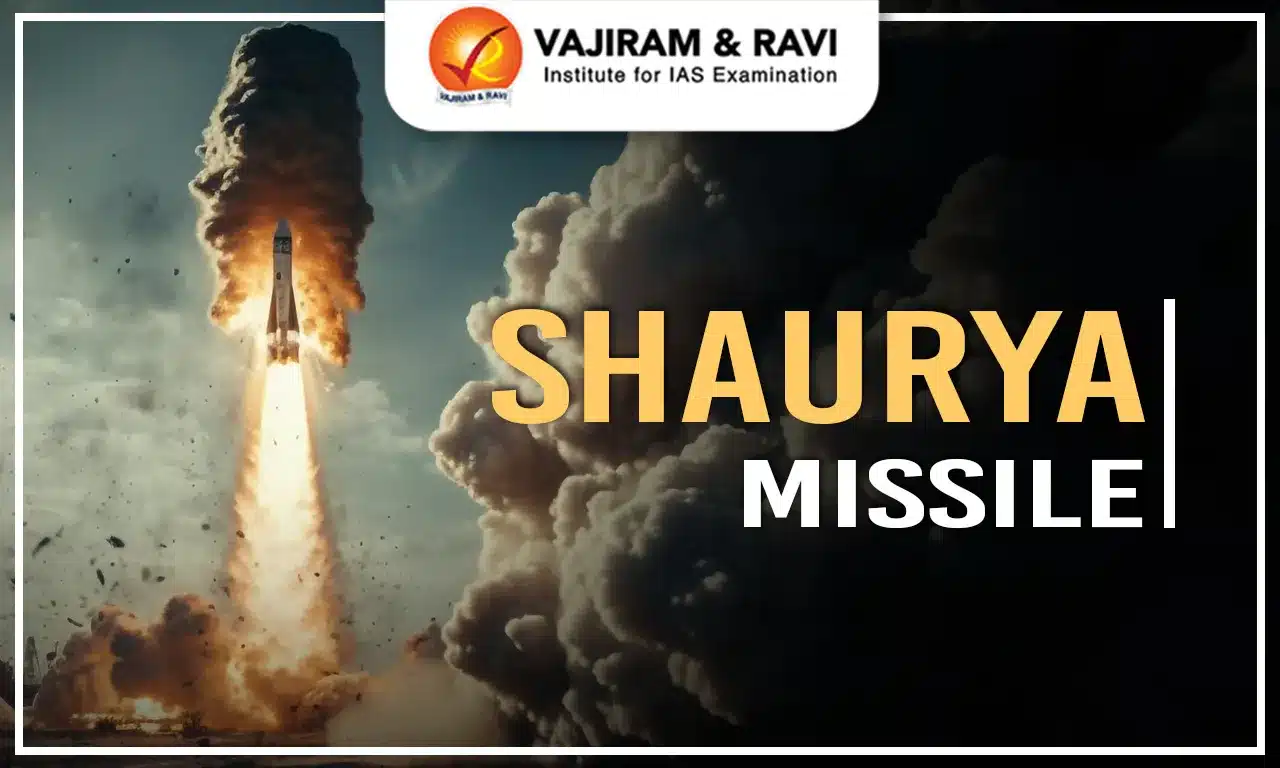IPS training is for candidates who have passed all stages of the Civil Services exam and are ready to join the Indian Police Service. The primary duty of IPS officers is to maintain law and order in the nation. The training is designed to help IPS officers become physically and mentally fit for their roles and responsibilities. The work of an IPS officer is full of challenges, and the training period prepares them to overcome these challenges and serve the country to the best of their ability.
IPS officer training is known as one of the country’s most difficult and dynamic training programs, as IPS officers are responsible for taking over both the civil and armed police forces. During the training, officers gain a deep sense of self-actualization. In this article, you will learn about the four phases of the IPS Training programme.
Phases of IPS Training
The journey of an IPS officer, from a probationary officer to a seasoned law enforcement professional, is a transformative one. The rigorous and multifaceted training that IPS officers receive prepares them for the complex and demanding responsibilities they will face throughout their careers.
IPS training instills not only the technical skills but also the values and ethics necessary to uphold the law and serve the people with integrity and dedication. As guardians of law and order, IPS officers play a pivotal role in ensuring the safety and security of the nation, and their training is the crucible in which they are forged into the vigilant and competent protectors of society.
IPS officers undergo four phases of training at different locations:
- Foundation Course: Lal Bahadur Shastri National Academy of Administration (LBSNAA), Mussoorie
- Phase I Training: Sardar Vallabhbhai Patel National Police Academy (SVPNPA), Hyderabad
- District Practical Training: Respective UPSC cadre
- Phase II Training: SVPNPA, Hyderabad
Foundation Course – LBSNAA
Lal Bahadur Shastri National Academy of Administration is the training center for the foundation course of the IPS. This course is for new recruits to All India Services and Group A Central Services. It helps IPS officers gain the knowledge, skills, and attitude they need to bear the responsibilities of their service.The foundation course also fosters coordination and cooperation among the various public services, such as the Indian Administrative Service, the Indian Foreign Service , and the IPS. Additionally, it boosts the all-around development of the officer trainees.
The IPS training duration at LBSNAA is three months. After completing the foundation course, IAS officers continue their training at LBSNAA, while IPS officers and other officers move to their respective training centers.
Phase I of Training – SVPNPA
The training journey of an IPS officer begins with the Foundation Course at the Sardar Vallabhbhai Patel National Police Academy (SVPNPA) in Hyderabad. This course typically lasts for a year, and it provides a common platform for all probationary officers from different services, including the IPS. During the Foundation Course, officers receive comprehensive training in various subjects, including criminal law, police administration, and investigation techniques.
- The course aims to inculcate a sense of camaraderie among officers from different states and services, emphasizing the importance of teamwork and cooperation.
- Physical Fitness – Physical fitness is a crucial aspect of IPS training. Officers undergo rigorous physical training to ensure they are in optimal physical condition. Physical fitness is essential for tasks that may include crowd control, patrolling, and emergency response.
- Academic Training – IPS officers receive extensive academic training that covers a wide range of subjects. These may include criminal law, criminal procedure, forensic science, and investigative techniques. The goal is to equip officers with the knowledge and skills necessary to understand and handle various aspects of policing effectively.
District Planning Training
Field training is a critical component of IPS training. It is during this phase that probationary officers get hands-on experience by working alongside senior officers. They learn the ropes of policing, including conducting investigations, managing law and order, and handling emergencies.
Probationers are typically posted as Assistant Superintendents of Police (ASP) in districts, where they are exposed to real-life policing situations. This phase allows them to apply the knowledge and skills they have gained during their training.
Phase II IPS Training at SVPNPA
After the field training phase, probationary IPS officers return to the SVPNPA for further training. This phase provides them with additional exposure to various aspects of policing, including advanced investigation techniques, leadership skills, and crisis management.
Salary during IPS Training
One of the important factors candidates consider when choosing a career as an IPS officer is the salary and benefits associated with the job. The salary for IPS officers during training is between Rs. 15,600-39,100, plus a grade pay of Rs. 5,400. After successfully completing the training period, IPS officers receive a salary of Rs. 56,100 per month, which includes basic pay and other allowances such as dearness allowance, accommodation allowance, and medical benefits.
While the stipend during the training period may seem low compared to the salaries received after completing the training, it is important to remember that the training period is an investment in one’s professional growth and future prospects.
What is the Objective behind IPS Training?
The objective of the Basic Course training is to:
- Build the capacity of IPS officers through a combination of sensitization, orientation, and competency development.
- Provide IPS officers with the professional knowledge and understanding they need to do their jobs effectively.
- Help IPS officers develop the professional, organizational, and community skills they need to be successful leaders.
- Nurture human values, right attitudes, and appropriate behavior in IPS officers in both their professional and personal lives.
- Develop the overall personality of IPS officers (including their character, habits, self-discipline, soft skills, norms, values,and etiquette).
- Transform IPS probationers into leaders of police stations and police districts.
Last updated on April, 2025
→ UPSC Notification 2025 was released on 22nd January 2025.
→ The UPSC Vacancy 2025 were released 1129, out of which 979 were for UPSC CSE and remaining 150 are for UPSC IFoS.
→ UPSC Admit Card 2025 is expected to release in first week of May for CSE Prelims Exam 2025.
→ The UPSC Prelims 2025 is scheduled to be conducted on 25th May 2025 and UPSC Mains 2025 will be conducted on 22nd August 2025.
→ Apply once through it and aspirants can apply for various government exams conducted by UPSC.
→ The UPSC Selection Process is of 3 stages-Prelims, Mains and Interview.
→ UPSC Result 2024 is released with latest UPSC Marksheet 2024. Check Now!
→ UPSC Toppers List 2024 is released now. Shakti Dubey is UPSC AIR 1 2024 Topper.
→ Also check Best IAS Coaching in Delhi
FAQs
Q1. How long is IPS Training?+
Q2. Are IPS Officers Paid during their training?+
Q3. Are IPS Officers trained at LBSNAA?+















